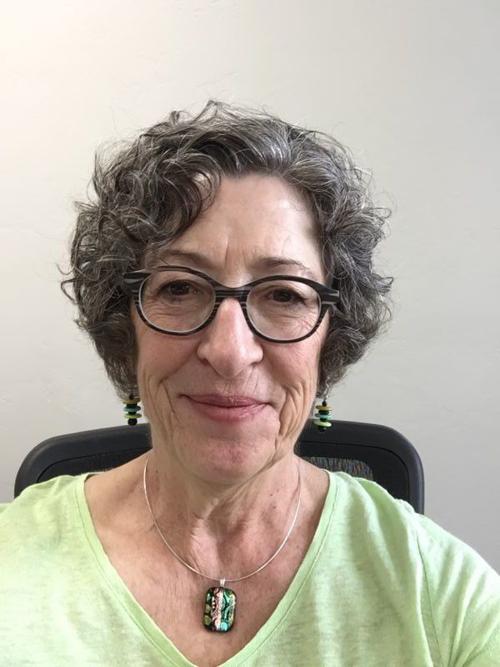The following column is the opinion and analysis of the writer:
In the Arizona Daily Star on Sept. 7, Shaq Davis reported on the next Regional Transportation Authority plan currently under development. As Mr. Davis reported, if approved by the voters, this plan could shape transportation infrastructure for decades to come. A Citizens Advisory Committee was appointed two years ago to select the projects to be included in the next $2 billion RTA plan. This committee has 35 members, as reported by the Star.
I am a member of the city of Tucson Complete Streets Coordinating Council, a board member of my neighborhood association, and a former employee of Pima Association of Governments, so I am very interested in the process to develop this plan, as well as what is ultimately included in the plan for voter approval. As a result, I have been attending the CAC meetings for the last 12 months.
I have several concerns regarding this committee, which I had addressed with PAG/RTA staffers and the RTA Board weeks ago. The RTA Board has yet to respond to my concerns and the PAG/RTA staff response was inadequate and failed to offer any remedies.
First of all, the CAC membership is not representative of the diversity of our region. Minority populations and young adults will have no voice in the selection of projects in the next RTA plan, because these groups are not represented on the CAC, and women are also underrepresented. Committee membership must be representative of the diverse communities across the region while the plan is being developed to ensure that all voices are heard, all needs are addressed and underserved neighborhoods receive equitable services. Further, a committee lacking diversity will have little credibility with the voters.
My second concern is that the CAC bylaws are being ignored. According to the bylaws, members with three consecutive absences are automatically and immediately removed from the committee. In reviewing member attendance for the first four meetings in 2020, I counted six members who missed all four meetings (the first three meetings were held at PAG before the pandemic shutdown). Removing these low-attendance members, as mandated by the CAC bylaws, will open up committee seats to a more diverse representation.
My final concern is that the CAC is following a similar format as was used in 2005 for the first RTA plan. A lot has changed in transportation in the last 15 years with technology, transportation options, user preferences, alternative energy and infrastructure design, and these things will continue to change. The next RTA plan must look to the future and allow flexibility, rather than a rigid, predetermined project list for the next 20 years.
I had hoped the RTA board would address these items as soon as possible, as the CAC is starting to review the project submissions from the jurisdictions, but as previously mentioned, that has not happened. All voices must be heard when a $2 billion plan is being developed using taxpayer dollars and the future of transportation is being determined for the Tucson region.





